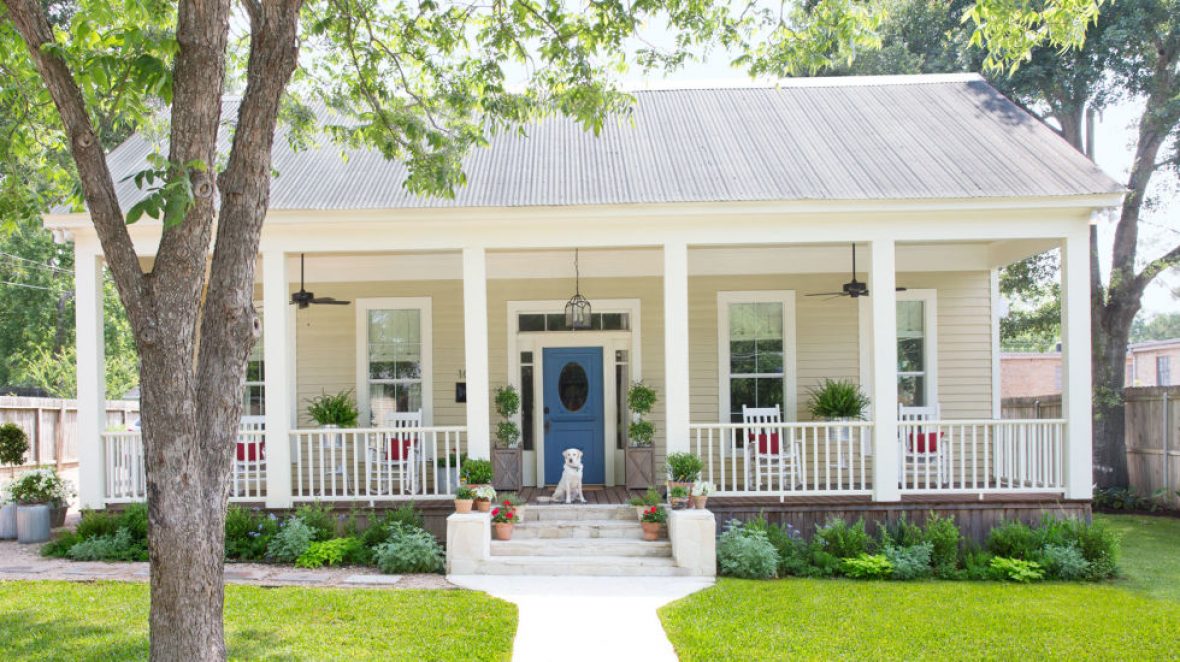
Since buying a house is an enormous investment, it’s best to know what questions to ask at the beginning of your home search. Acquiring information about the qualifications of your agent and the homebuying process can help protect you from unpleasant surprises and increase the likelihood of a positive outcome. Here are some essential inquiries to make:
Are You Experienced?
Question agents about their qualifications. Ask if they specialize in particular communities. Inquire about how many years of experience they have and their percentage of successful transactions.
Should I Rent or Buy?
It’s wise to purchase a home when your financial situation is sufficiently strong. Renting may be a better option if you lack the funds needed for a down payment, have debt, or a low credit score. Your agent can give you a buy-versus-rent analysis within your market.
What Are the Costs of Homeownership?
First-time homebuyers may not be aware that the costs of homeownership extend beyond the monthly payments on the principal and interest of the loan. Expenses also include taxes and insurance, as well as utilities and maintenance. The exact monetary outlay may be difficult to estimate, but your agent can give you a general idea of what to expect.
What Preparations Do I Need to Make Before I Can Write an Offer?
In certain areas, a property won’t stay on the market long, so you need to be prepared to act quickly when you come across your dream house. Give your agent a realistic price range of what fits your budget, and then he or she can help you navigate the process of getting the necessary cash in an account that is ready to use.

How Do I Learn More About the House and/or Neighborhood?
Before you sign the dotted line, you’ll want to know more about the neighborhood you may be moving to. Ask your agent to provide insight into the livability of a neighborhood. You should also ask your agent if the property is in close proximity to a major source of noise like a train station or busy freeway.
Has the Property Changed Ownership Often?
Finding out how long the present owner has lived in the house can help you figure out if there are long-term issues with the property or the surroundings.
May I Speak to the Sellers?
Having a direct conversation with the seller can be a great advantage because sometimes they will be candid about the reason they’re moving, and any aspects of the property. If possible, contact the former owner for another opportunity to discover more about the property.
When Was the House Last Updated?
With the intent of uncovering needed updates that could pose a major expense, ask when the house was last updated. Inquire specifically about the age of the roof, wiring, and appliances. See if the drainage system needs to be replaced.
What is the Minimum Offer the Seller Will Accept?
See if the seller is willing to negotiate on the lowest acceptable offer. Speak to your real estate agent to develop a sound plan for negotiation that will keep you in good standing with the seller.
How Long Has the Property Been on the Market?
Find out if the house has been languishing on the market for some time, or if the seller has received considerable interest from potential buyers. This knowledge will be of value in gauging if you have negotiating room when making an offer.

Can I Get the Home Inspected Before I Sign the Contract?
If you can get the home inspected before signing the contract, you aren’t obligated to buy if the property needs costly repairs. This downside is that it carries a risk that during the inspection, the seller could accept another offer before the inspection is finished. The solution is to have an inspection contingency in the contract that permits you to get out of the sale if the projected repairs exceed a certain limit.
When Can I Move In?
You’ll need to know this to schedule your moving plans. In most cases, you can move after escrow or closing, but an experienced agent can give you an accurate time frame.
Asking your agent questions is of utmost importance when buying a home. The answers can maximize your chances of buying a home that will offer you many years of enjoyment.
Learn more about the process of buying a home, or find an agent near you at coldwellbanker.com.










































3 Comments